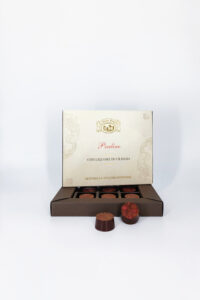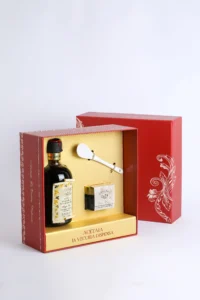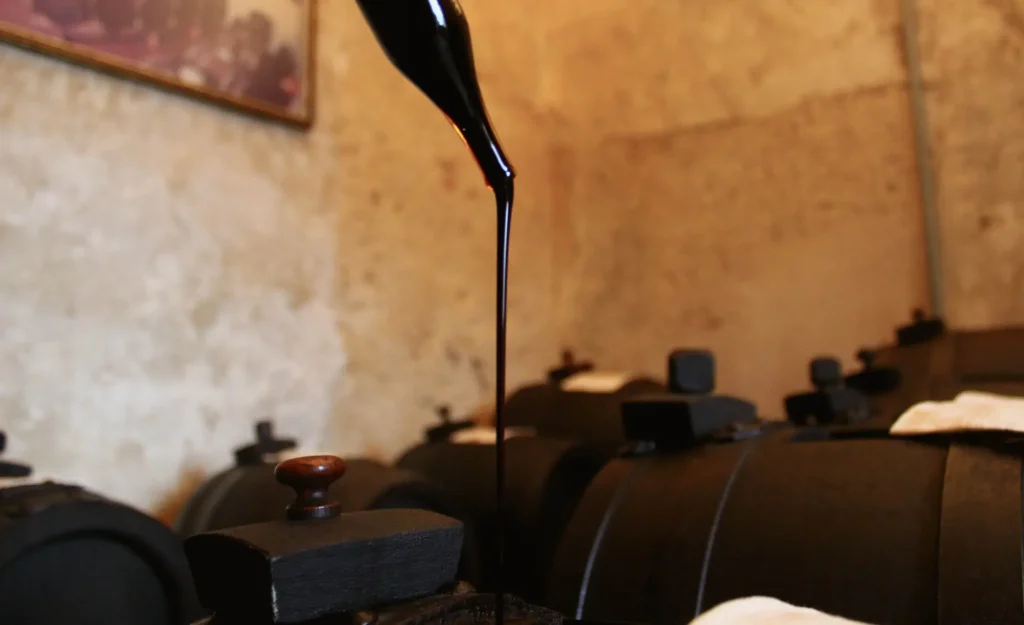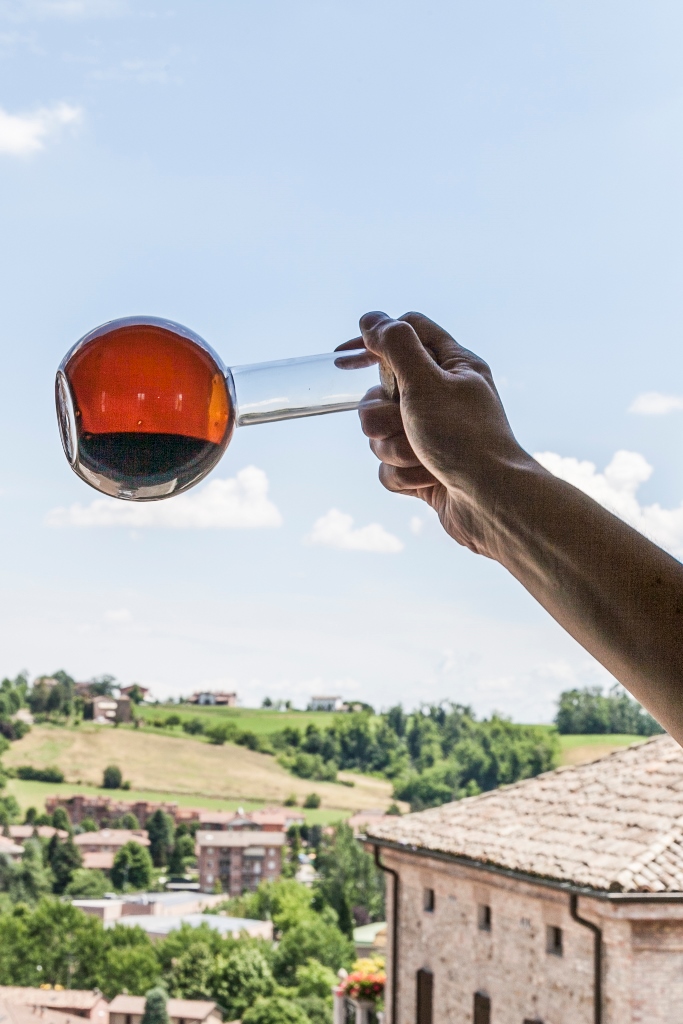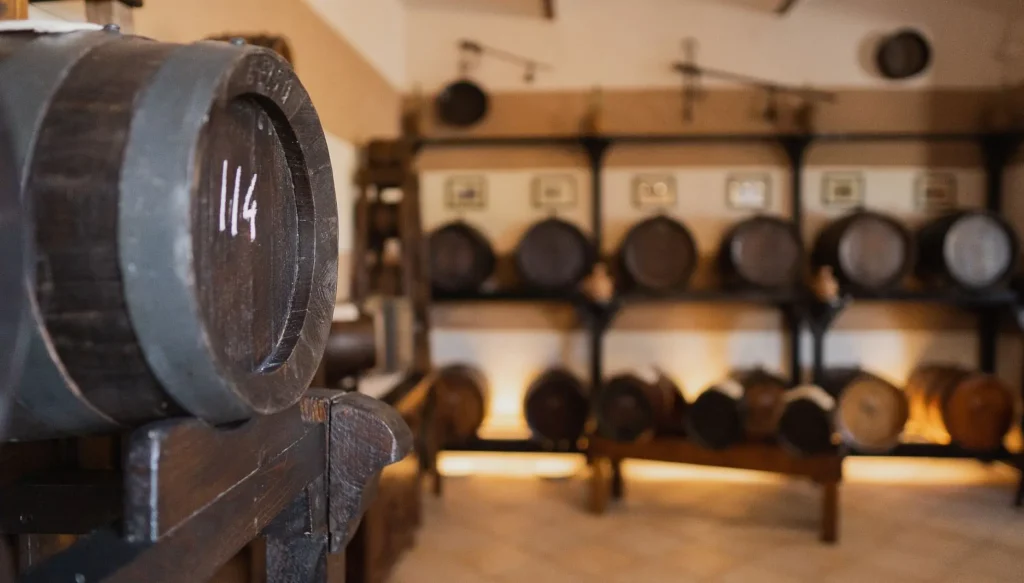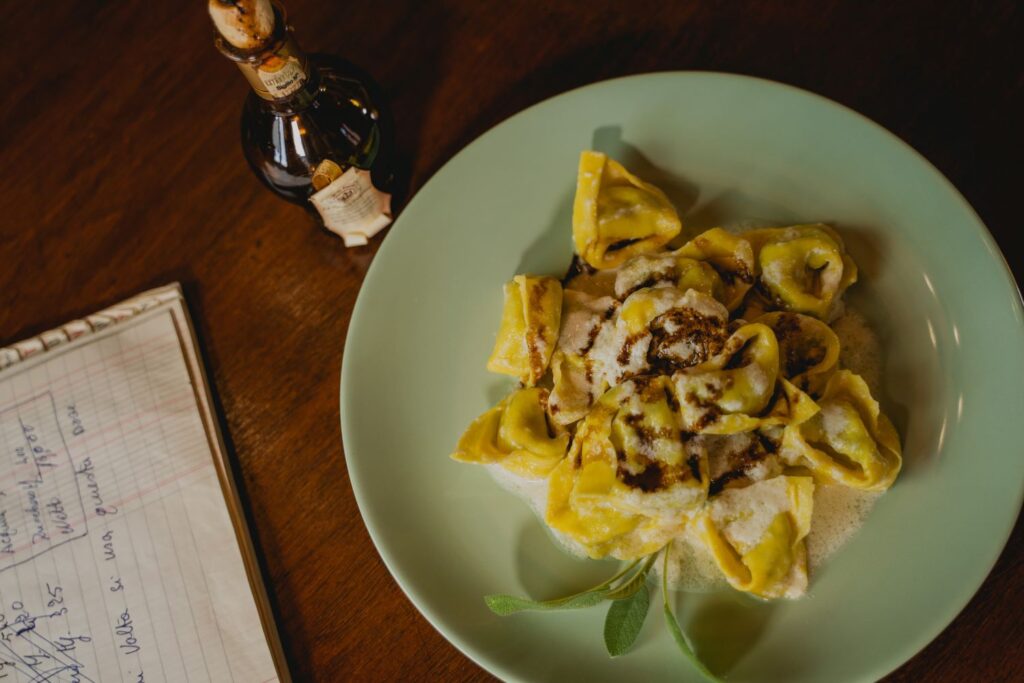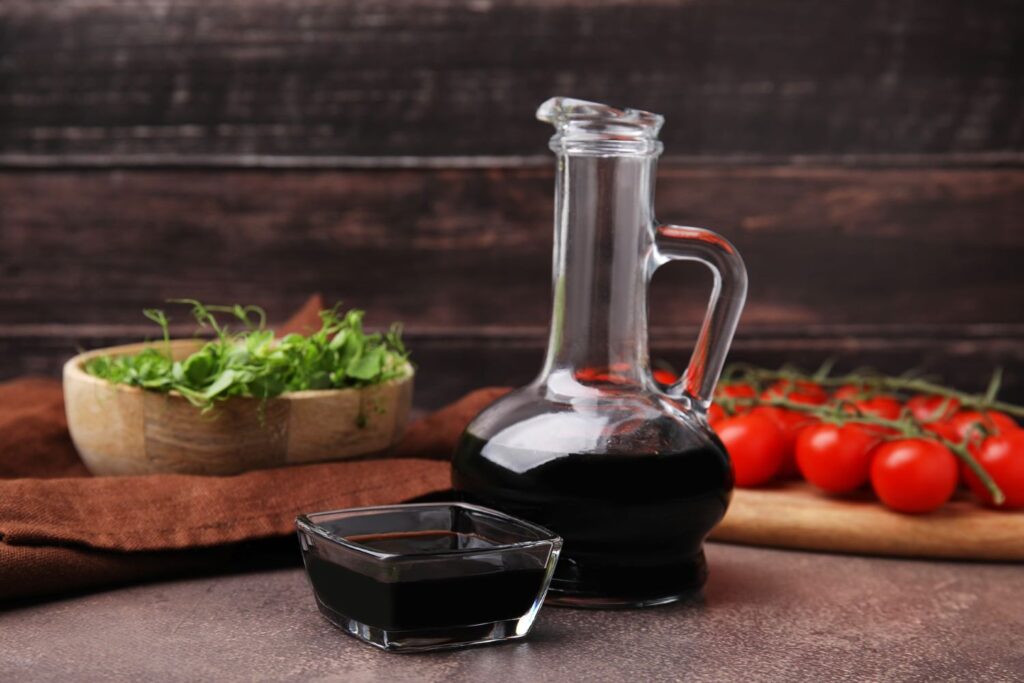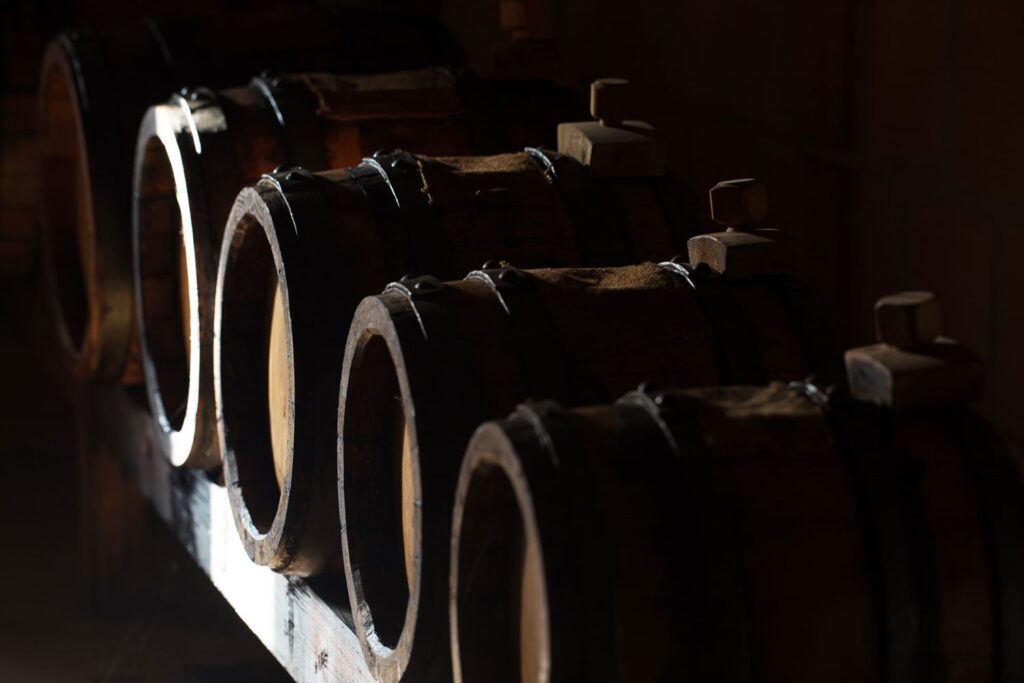Balsamic Vinegar of Modena is a typical product of Emilia-Romagna, highly appreciated all over the world for its intense flavor and its versatility in the kitchen. It works perfectly well with savory meals and sweets, first courses, second courses and side dishes. Anyways, not everyone knows how balsamic vinegar gets produced and what characteristics make this product be a world-widely known Italian excellence. In fact, even knowing well how to use it, many people still ignore the five curious facts about Balsamic Vinegar of Modena that we are going to talk about in this article. How many of these facts did you already know?
- Its History Has More Ancient Roots Than We Think
The History of Balsamic Vinegar of Modena dates back to more than a thousand years ago, when ancient romans already produced vinegars flavored with honey and fruit, which today are considered to be the precursors of our famous “Black Gold”. In the Middle Ages, this product has got widespread in Europe, becoming a consumer ingredient highly appreciated in the kitchen. Only in the XIX century though, the production of Balsamic Vinegar of Modena arrived to industrial levels, giving birth to the commercial products that today we can be easily found in the supermarkets all over the world. Learn more about the history of balsamic vinegar here: Who Invented Balsamic Vinegar?
- Not All the Vinegars are the Same
There are many different types of Balsamic Vinegar, and they are all different. In order to obtain the denomination Balsamic Vinegar of Modena IGP, the vinegar must contain specific ingredients and be produced according to a strict production regulation, directly connected to the territory of Modena. Traditional Balsamic Vinegar of Modena DOP on its turn must be bottled into a particular bottle (named Giugiaro) and aged in wooden barrels for a minimum of 12 years, obtaining specific organoleptic characteristics. Learn more in our DOP vs. IGP Guide.
- Balsamic Vinegar is Non-Alcoholic
Even though Balsamic Vinegar derives from the alcoholic fermentation of the grapes, it does not contain alcohol. In fact, the fermentation process that transforms sugars into vinegar occurs thanks to specific bacteria that convert the sugars into acetic acid. The acetic acid is the main component of Balsamic Vinegar and it is its characteristic element, which explains its unforgettable sweet and sour flavor. Consequently, even if it is commonly believed to be such, Balsamic Vinegar of Modena is not an alcoholic product, but a gourmet condiment perfect to enrich our meals. Learn more here: Is Balsamic Vinegar of Modena alcoholic?
- Balsamic Vinegar has Many Beneficial Properties for Health
The benefits of Balsamic Vinegar of Modena are so many, so we have had to write a whole article to list them all. Besides having antiseptic and anti-inflammatory properties, it is also rich in antioxidants and contains fat acids Omega-3 and Omega-6, which help to prevent cardiovascular diseases and improve brain health. This popular carbon black condiment also helps the digestion, facilitating gastric emptying and stimulates the appetite when it is necessary. One of the most underestimated properties of the Balsamic Vinegar of Modena!
- It is a Very Versatile Condiment
Balsamic Vinegar of Modena is surely one of the most versatile condiments in the kitchen. Its particular acidity and sweetness make it capable to enrich a vast range of meals, from savory to sweet ones. For example, it can be used to flavor grilled vegetables, meats, salads, cheese and even fruit. It is perfect to give a sweet and sour touch to desserts, such as fresh fruit salads, ice cream, creams and mousses, and at the same time, it is indispensable for the preparation of sauces, like sweet and sour, balsamic or barbecue sauce. Finally, it is important to mention that Balsamic Vinegar can be used as a condiment for rice, fish, pasta and even soups! Over time, its organoleptic properties have made it an indispensable ingredient in the kitchen of all over the world, able to give a classy touch of flavor to the specialties of different nationalities. Learn a new recipe for your next meal in our recipe book.
